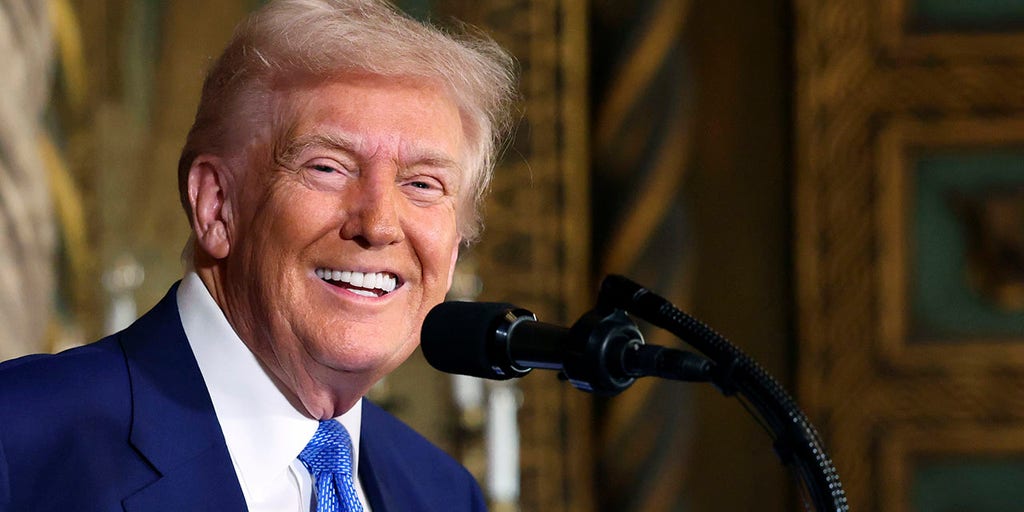Missing Treasury Tracking Codes Impact Trillions in Payments

The DOGE reported that $4.7 trillion in Treasury payments lacked critical tracking codes, complicating transaction tracing. New regulations now mandate using these codes to enhance payment integrity.
The Department of Government Efficiency (DOGE) announced Monday that approximately $4.7 trillion in payments from the Treasury Department were missing a critical tracking code, making it "almost impossible" to trace the transactions.
The transactions reportedly lacked the Treasury Account Symbol (TAS), an identification code linking a Treasury payment to a specific budget line item. DOGE described the use of this code as a "standard financial process."
"In the Federal Government, the TAS field was optional for approximately $4.7 trillion in payments and was often left blank, making traceability almost impossible," stated an X post from DOGE.
Due to this discovery, the use of the TAS code is now mandatory. "As of Saturday, this is now a required field, increasing insight into where money is actually going," DOGE noted, thanking the Treasury Department for its implementation of this change.
Elon Musk praised the new requirement as a "major improvement in Treasury payment integrity." He tweeted, "This was a combined effort of DOGE, Treasury and the Federal Reserve. Nice work by all."
The Treasury Department deals with trillions of dollars in government payments annually and was one of the first agencies that DOGE collaborated with following President Trump's inauguration.
DOGE personnel at the Treasury have gained access to highly sensitive payment systems to combat waste, fraud, and abuse. "This is not some roving band ... This is methodical and it is going to yield big savings," Treasury Secretary Scott Bessent remarked about DOGE in a Bloomberg TV interview last week.
DOGE has also proposed "deleting paper checks" from the Treasury's processes, arguing it would save taxpayers "at least $750 million per year." The initiative explained that the Treasury must maintain a "physical lockbox" for the more than 100 million checks processed each year, costing around $2.40 per check.
In fiscal year 2023, nearly $25 billion in tax refunds were delayed or lost due to returned or expired checks, according to DOGE.





















